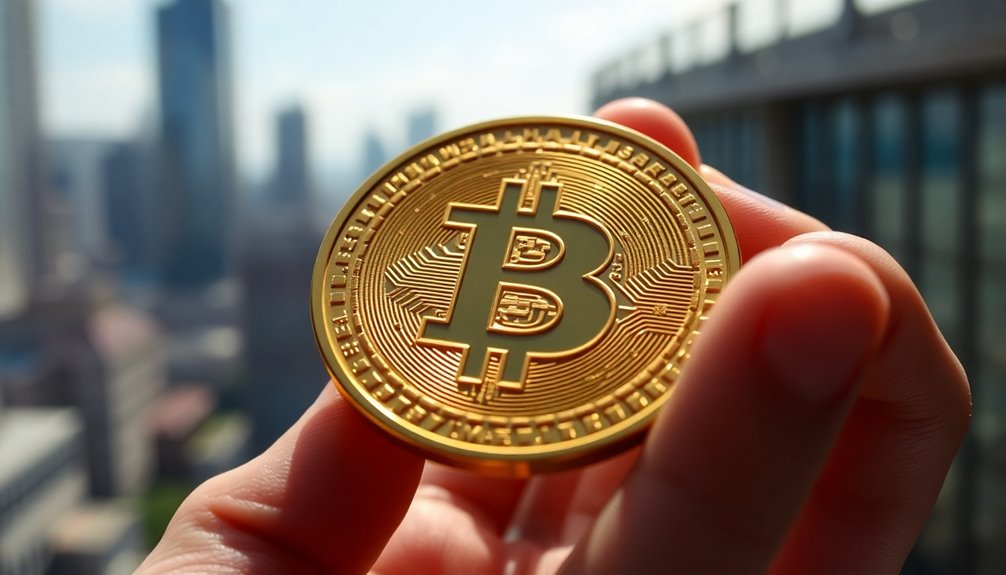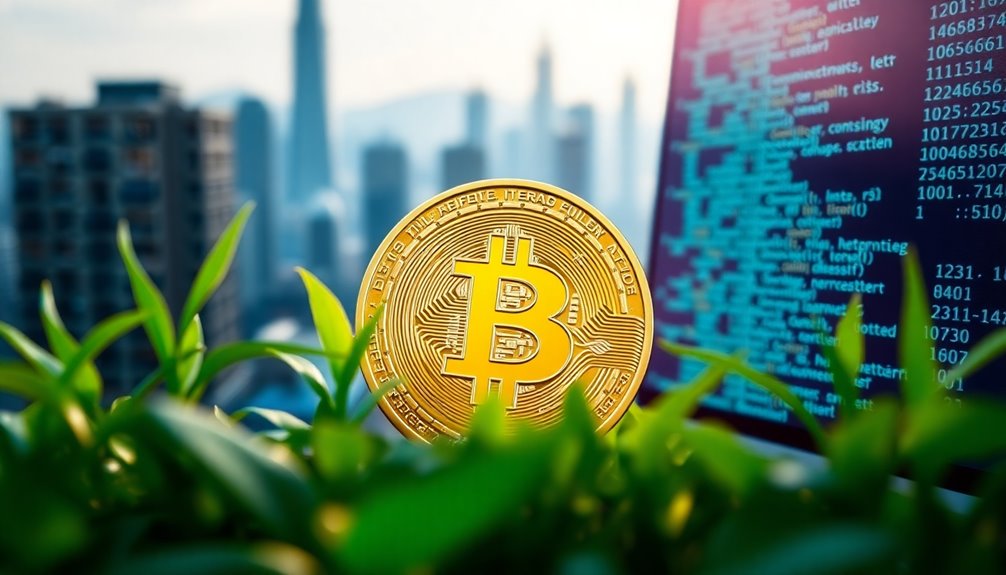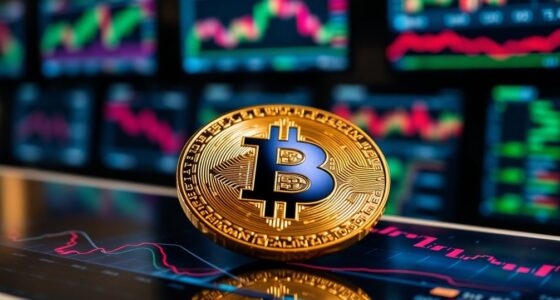When you think about Bitcoin, it's easy to label it as just digital gold. But that's only scratching the surface. Its real value goes far beyond being a mere substitute for precious metals. With a limited supply and a decentralized framework, Bitcoin offers security and efficiency in ways traditional currencies can't. Curious about how these features fundamentally change the financial landscape? Let's explore what truly sets Bitcoin apart in today's economy.

Bitcoin's real value lies in its unique properties that set it apart from traditional currencies. One of the most compelling aspects is its fixed supply of 21 million coins. Unlike fiat currencies, which can be printed at will by central authorities, Bitcoin's scarcity creates a deflationary nature. As more coins get stored in cold wallets, the circulating supply decreases, driving demand and value upward. This controlled supply is further solidified by the halving mechanism that cuts mining rewards in half every four years, reducing the influx of new coins.
You can see how this predictability stands in stark contrast to the often unpredictable nature of fiat currencies.
The technological advantages of Bitcoin also contribute to its revolutionary status. Utilizing blockchain technology, Bitcoin secures transactions in a way that makes them both verifiable and immutable. This decentralized network means there's no single point of failure, allowing for a level of security and resistance to censorship that traditional financial systems can't match. Additionally, the total supply of Bitcoin is capped at 21 million, making it a finite resource that enhances its appeal.
Plus, with innovations like the Lightning Network, transaction efficiency is improved, and costs for smaller transactions are significantly reduced. All these factors combine to create a robust ecosystem supporting new financial products and services.
Bitcoin isn't just about being a medium of exchange; it's increasingly recognized as a store of value. Its scarcity and security are leading you to think of it as digital gold. This perception is bolstered by Bitcoin's ability to facilitate global transactions without intermediaries, providing financial access to millions who lack traditional banking services.
As more businesses accept Bitcoin, its utility continues to grow, reinforcing its role in the modern economy.
However, Bitcoin's market dynamics can be a double-edged sword. Its value is heavily influenced by market demand and investor sentiment, resulting in price volatility. Factors like greed, fear, and speculation often drive this volatility, making it essential for you to stay informed.
While some might compare Bitcoin to gold, it's crucial to remember that its digital nature offers distinct advantages. This combination of scarcity, technological innovation, and increasing adoption sets Bitcoin apart as more than just a digital substitute for gold.
In essence, Bitcoin's real value lies in its unique properties that redefine what currency can be. By understanding these elements, you can appreciate why Bitcoin is seen as a revolutionary force in finance today.









